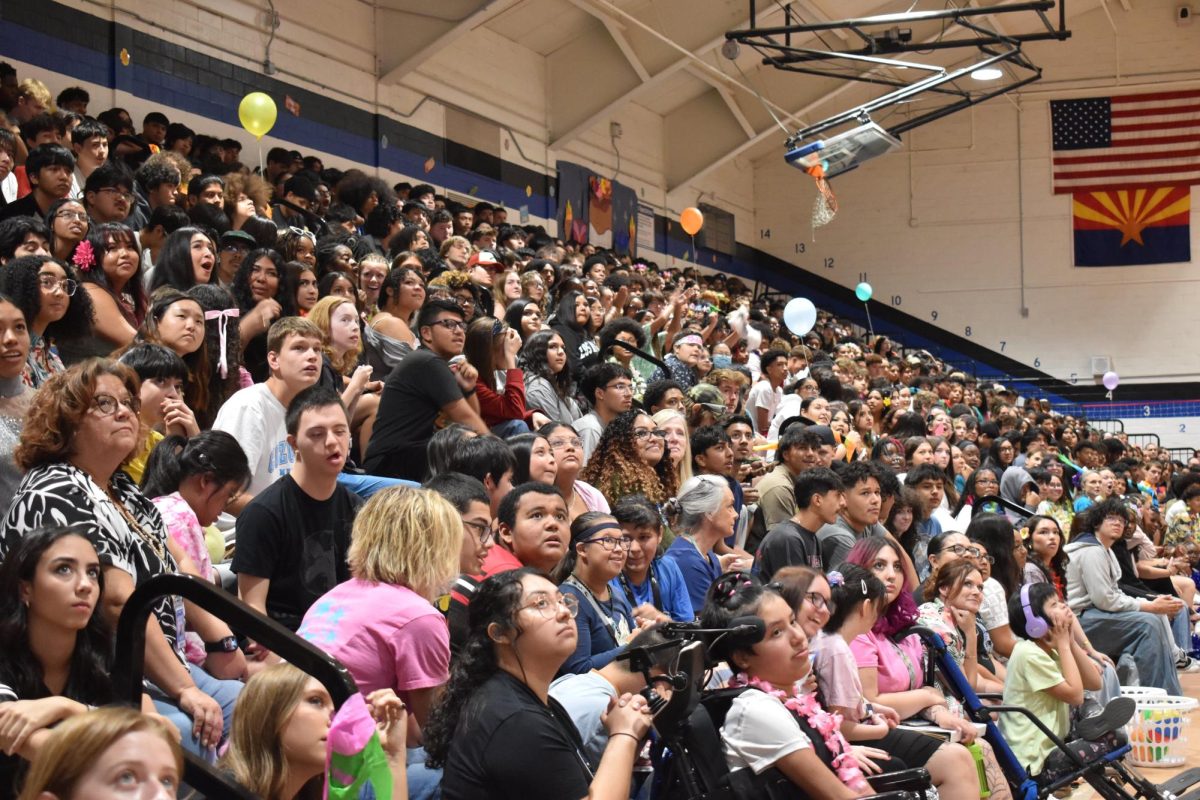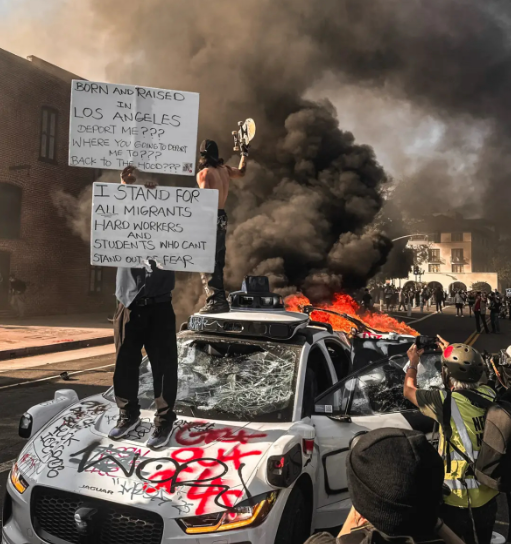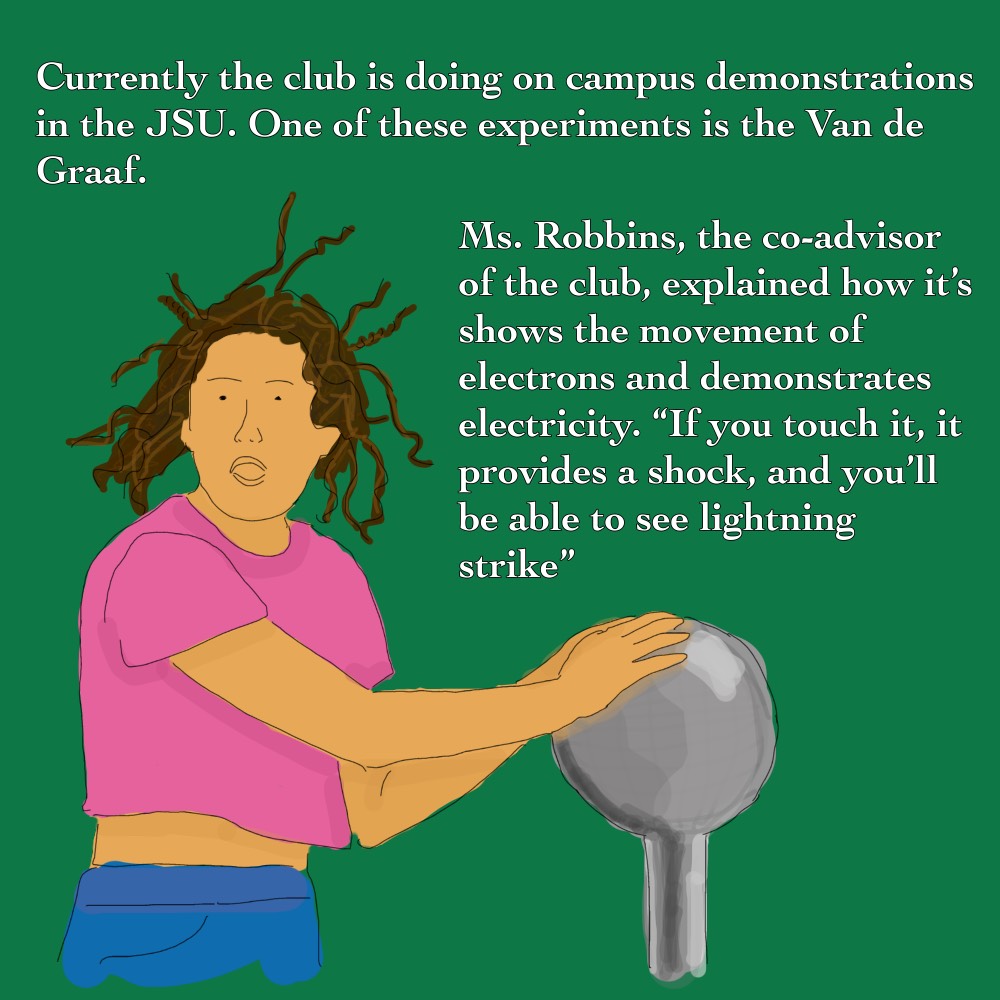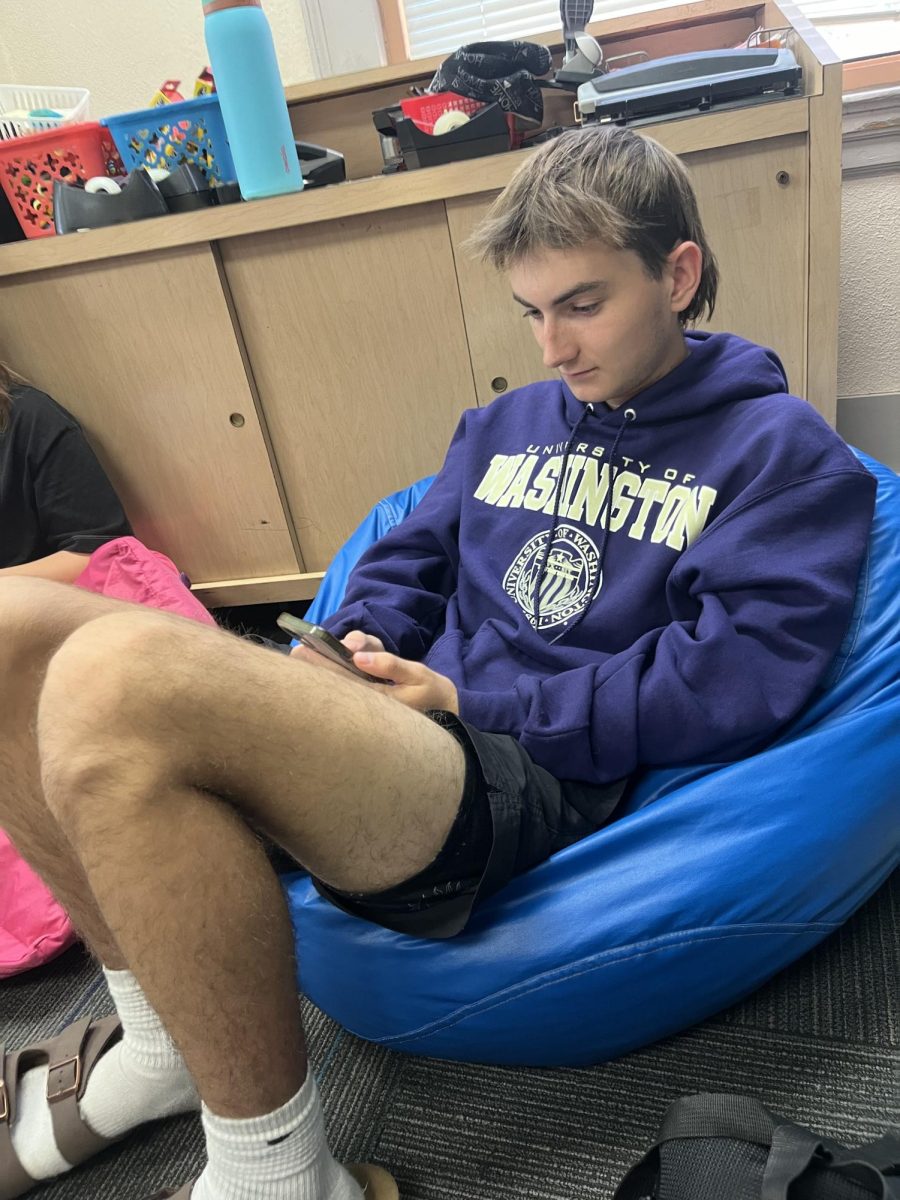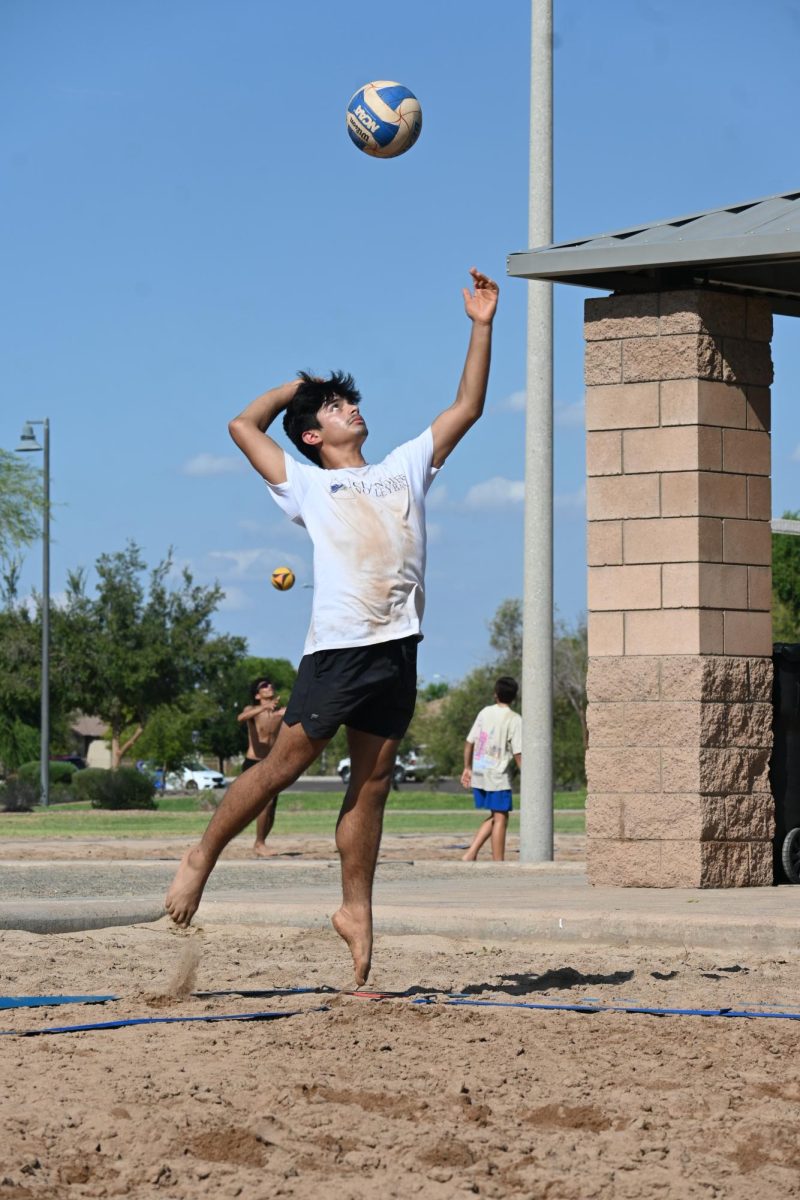Can you define Critical Race Theory?
Neither can 57% of adults surveyed in a 2021 poll conducted by Reuters and Ipsos. The results of this statistic pose an important question: How can so many people be against something that the majority doesn’t understand? Despite the jarring number of American adults who have misconceptions about Critical Race Theory, the confusion is understandable. The name alone elicits alarm within many Americans because it grapples with an important concept that is difficult to decipher. Simply put, Critical Race Theory (CRT) is educating students about the role that individual and institutional bias plays in our society. While CRT has three basic tenets, one has increasing relevance: the academic and political criticism of critical racism. That last basic tenet can be seen within our own state’s legislature as Arizona has already taken steps to prevent this curriculum from being taught in classrooms across the state.
In July 2021, Governor Ducey took a rigid stance against CRT through the signing of House Bill 2906 and House Bill 2898. While on the surface HB2898’s prohibition of teaching that a race, ethnic group, or sex is superior or that anyone should be discriminated upon based on those factors seems to be a step in the right direction, it prevents teachers from acknowledging the power imbalances that already exist within our country. In addition to this restriction, HB2906 prohibits companies from requiring training or orientation that discusses oppression experienced by minority groups as well as internal biases and prejudices, which directly impact our education systems. Despite what this legislation and the surrounding controversy imply, the same 2021 poll conducted by Reuters and Ipsos found that 78% of Americans support the teaching of the impacts of slavery in high school, while 73% support teaching about the impacts of racism. If a majority of Americans are on board with educating students about the important topics covered in the curriculum, what is it about the term ‘Critical Race Theory’ that disturbs parents?
The coverage of this topic in the media has played a crucial role in convincing concerned parents that teaching the complex relationship between race and the history of our country is intended to indoctrinate children, which only furthers confusion and misconceptions. While the statements released with the passing of this legislature in Arizona convey strong sentiments against educating students about the impacts of systemic racism, this perspective does not reflect the majority belief of adults in our country. Only 35% of Americans support laws banning the teaching of CRT, according to the poll by Reuters and Ipsos. Misconceptions about how teachings of Critical Race Theory handle important topics about race and systemic injustice are the driving force behind parents advocating against educating youth about the unavoidable topics. Inequality and oppression will not go away by simply refusing to discuss their role in our society.
The goal of Critical Race Theory is not to impose feelings of guilt and responsibility on students for their race. By raising awareness of the systemic inequalities within our country, we can properly educate students on the role race plays in our country. Parents, you may not want your children to confront the realities of our country, but we are already seeing it. Don’t do your children a disservice by preventing knowledge that will help us improve conditions for all people within this country.


